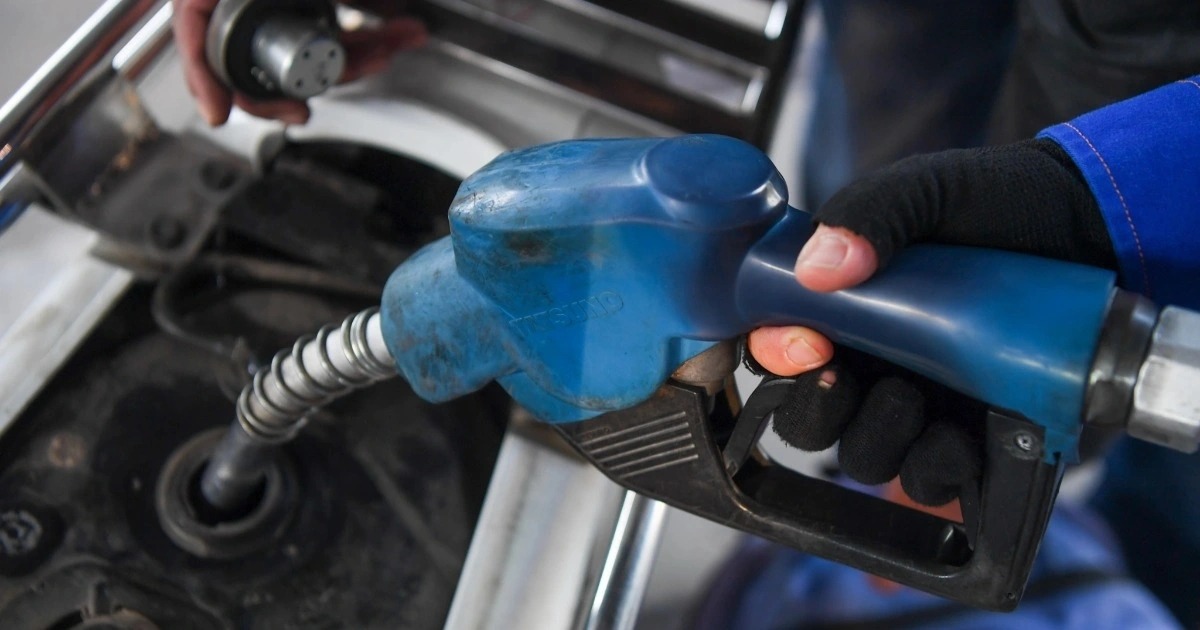The Ministry of Industry and Trade is seeking comments on the Decree on Petroleum Business - Draft 04. This Decree will replace Decree 83 of 2014, Decree 95 of 2021 and Decree 80 of 2023. Below is an article expressing the perspective of economic expert Vu Vinh Phu - former Deputy Director of the Department of Industry and Trade of Hanoi City.
Distribution and retail businesses are always under pressure on selling prices.
Over the past decade, there have been many decrees on petroleum trading to change the operating method according to the market mechanism, but each revision has created new problems, causing new difficulties for petroleum production, trading, and import.
Vietnam's petroleum distribution system includes more than 30 key enterprises, many distribution enterprises and more than ten thousand retail gas stations scattered across the country. However, in recent years, the petroleum business has had many problems, such as a local petroleum shortage in 2022, affecting the production and business activities of enterprises.
Recently, the story of key enterprises squeezing discounts, causing discounts for distribution and retail enterprises to be low, even losing money if deducting business expenses, has also raised concerns about ensuring the supply of gasoline in the coming time.
The reason for such shortcomings is that the petroleum market is still monopolistic, with the largest enterprise accounting for 51% of the market share, but not being divided according to the Competition Law. Therefore, it has caused consequences such as the group of key traders assigned to the Petroleum Price Stabilization Fund have spent improperly, even losing hundreds of billions of VND. Of which, the people's money contributed 300 VND/liter when buying petroleum to form this fund.
For weak retail and distribution businesses, gasoline is always oppressed in terms of selling prices and discounts, and they rarely know who to complain to. Only when they are too frustrated, hundreds of retail businesses have sent petitions to the Government to ask for help about the unreasonable regulations that have been imposed for many years.

Their frustration has been supported by dedicated experts and enthusiastic press, but has not been accepted by management agencies, causing them to continue to be discriminated against and treated unfairly in business.
The main enterprise has an advantage over the grassroots units; they enjoy the advantages and high profits, while the losses and low discounts are all given to the retail gas stations.
As for consumers, the Petroleum Price Stabilization Fund is the people's money, but people do not know how it is used. At times, when the price of gasoline reached 21-22 thousand VND/liter, public opinion demanded that the fund (still having 7 thousand billion left) be used to compensate for the high price of gasoline, but the management agency replied that it was reserved for use when the price went up.
Need to set up a petroleum trading floor
The consequences of the petroleum monopoly are also reflected in the fact that key enterprises have the right to import, wholesale, retail, buy and sell from each other, and set retail prices for gas stations. But the downside of this is that distribution enterprises cannot buy from each other, they can only buy from a designated key enterprise.
Meanwhile, relevant laws such as the Investment Law, Enterprise Law and Commercial Law do not classify enterprises by function because all enterprises have the right to choose to do business in industries according to their capacity and market demand at each time, as long as they ensure that they satisfy the business conditions in specific fields as prescribed by law.
Faced with the above situation, wanting to completely eliminate the petroleum monopoly, liberalize business, promote economic accounting autonomy, take responsibility for profits and losses, and freely compete in the petroleum market of each unit without subsidies, asking for... will be the problem of the "magic wand" of the petroleum exchange.
When the floor is in operation, the benefits are clear: First of all, businesses, especially retailers, are freed from business constraints, buying and selling their own goods, they know how to calculate the profit and loss of each drop of gasoline every day. They are able to buy and sell on the floor in an agreed manner according to the laws of the Vietnamese gasoline floor.
Second, for consumers, they no longer have to endure the situation of goods going through many intermediaries, costs being inflated, and retail prices being pushed up unreasonably. As for State management, it is only necessary to focus on State management and reserve enough petroleum in kind for the country (from 3-6 months).
In addition, it will reduce smuggling, trade fraud, counterfeit goods, illegal business, and tax evasion, which are quite serious as they are now.









